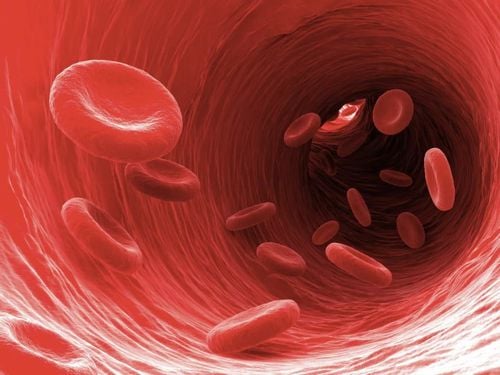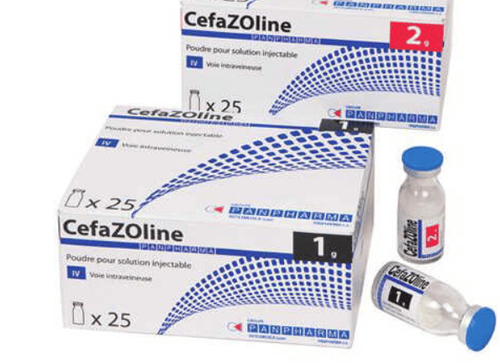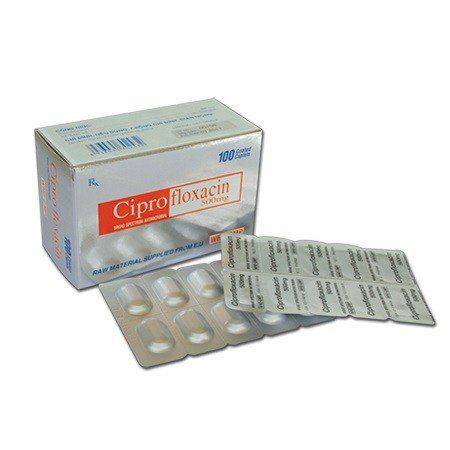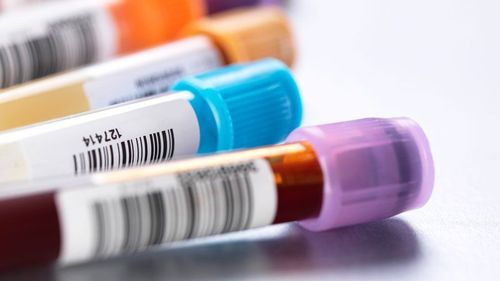This is an automatically translated article.
The article was professionally consulted with MSc Tran Thi Vuong - Doctor of Microbiology - Laboratory Department - Vinmec Hai Phong International General Hospital.Blood cultures are performed when there are signs of blood infection (bacteremia or sepsis) such as high fever, chills, low blood pressure, or other symptoms. A blood culture test helps to determine the source of the infection. Blood culture results are also the foundation in choosing antibiotic treatment.
1. What is a blood culture test?
Normally, blood is a sterile medium. When the clinician suspects that the patient has sepsis, a blood culture is indicated. A blood culture is a test to determine if microorganisms such as bacteria, fungi, or fungi are present in the blood. The blood sample is cultured in a special medium in the laboratory and incubated (controlled medium) for 1 to 7 days. Blood culture is the gold standard for definite diagnosis of sepsis, however, performing a blood culture has a sensitivity of 40%.2. In what case is blood culture indicated?

Patient has high fever, continuous fever or shivering. Other systemic symptoms include: weakness, tachycardia, low blood pressure. Patients with endocarditis, bacterial meningitis .... Infections in other organs: such as pneumonia, urinary tract infection, liver abscess.... Infections, bacteria can enter the blood to cause bacteremia.... Therefore, in addition to blood cultures, it is necessary to culture lesions in organs suspected of being primary infection: sputum culture, urine culture, wound culture...
3. Principles of blood culture
Blood cultures before antibiotic use: In case antibiotics are used, antibiotics should be stopped or blood cultures should be taken before the next dose of antibiotics. Blood culture at high fever: at this time, the concentration of bacteria in the blood is high, the rate of catching bacteria will be high and giving accurate results. Blood culture according to the principle of aseptic: to ensure that the blood sample is not contaminated with bacteria on the skin, or from the blood culture device. Blood cultures should be repeated several times, at different sites on the body (at least 2 blood samples), in case of endocarditis, blood cultures can be cultured several times a day.
4. Blood culture medium
Automatic blood culture medium bottles: are commercial blood culture bottles. Blood of patients with suspected sepsis will be put into this blood culture bottle with a bonus volume of 8-10ml for adults, 3-5ml for children. Then it will be put into the automatic blood culture machine. Bottle of self-made blood culture medium: BHI, or 2% glucose broth.5. Evaluation of blood culture test results
Blood culture bottles will be monitored daily by manual or automatic blood culture machine.In case of blood culture by machine, if there are bacteria in the blood culture bottle, the machine will alarm for the tester to recognize.
In case of blood culture by manual method, by self-made blood culture bottle, the tester will observe the phenomenon of bacteria growth that causes turbidity of the medium, appearance of scum, or sedimentation, or hemolysis to detect the presence of bacteria in the daily blood culture bottle
Normal value: No microbial growth in the culture medium. Usually will return negative results after 5 days if no bacteria grow. Abnormal value: A positive blood culture result indicates the presence of microorganisms in the cultured blood. Sometimes the blood is contaminated with bacteria rather than the actual infection, this is called a false positive. Your healthcare provider will help you determine what is a real infection and what is a technical infection. Vinmec International General Hospital is one of the hospitals that not only ensures professional quality with a team of leading doctors, modern equipment and technology, but also stands out for its examination and consulting services. and comprehensive, professional medical treatment; civilized, polite, safe and sterile medical examination and treatment space. Customers when choosing to perform tests here can be completely assured of the accuracy of test results.
Please dial HOTLINE for more information or register for an appointment HERE. Download MyVinmec app to make appointments faster and to manage your bookings easily.














